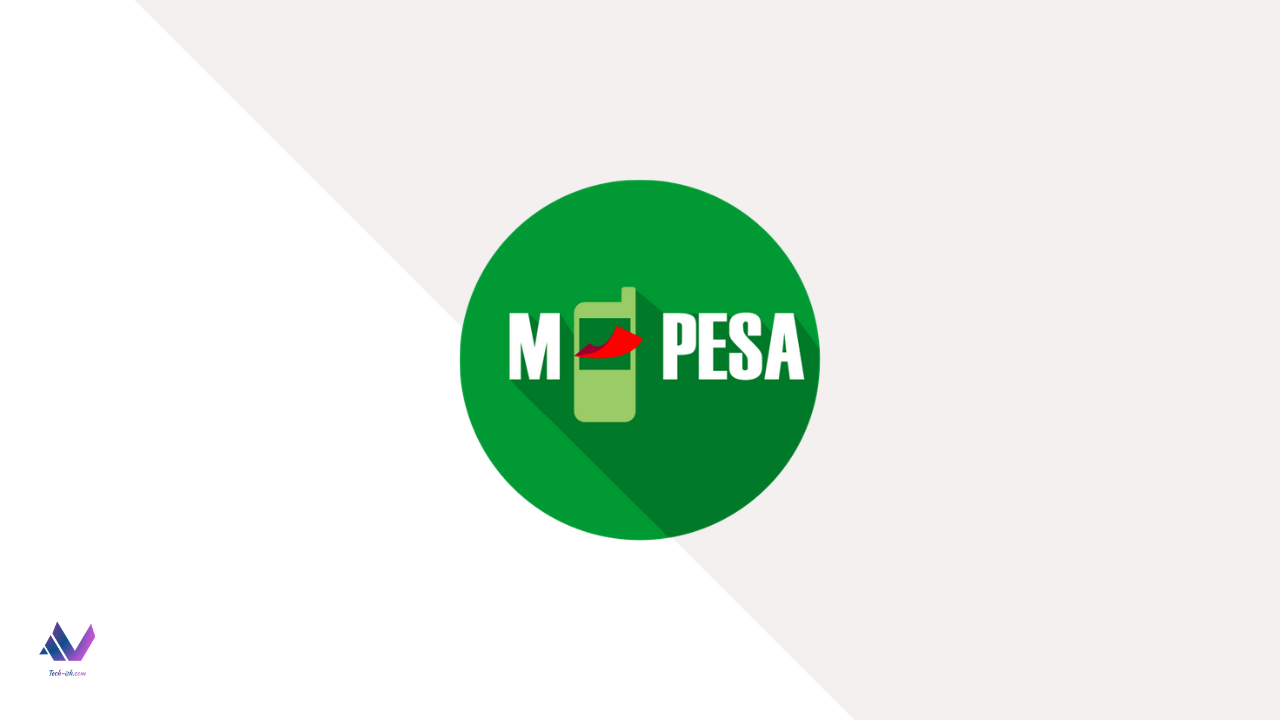One of the most read posts about Safaricom on this site is the one titled “M-Pesa is Expensive…” from March last year. I believe that shows the frustrations that most Kenyans face whenever they want to send money, or make bill payments over the platform.
Whenever such discussion arise – on a service being too expensive – there are people who will front arguments like:
- Why not use other platforms that are affordable?
- If you don’t use them, they’ll definitely reduce their charges.
- The cost is for the convenience.
However, these arguments don’t work at all. Not in a market where M-Pesa controls 99.9% of the mobile money space. Not in a market where everywhere you may be needed to make digital payment, M-Pesa is the defacto means of payment. You just can’t have options.
Well, The Business Daily is reporting that Kenya’s Treasury CS has told the Senate that there’s need to slash M-Pesa fees as it is now deeply entrenched in Kenyans’ day to day lives.
It’s not like we didn’t see such concerns ever arising. M-Pesa controls a huge portion of Kenya’s economy. Every time there’s a minor disruption, it’s chaos everywhere. And while something should have been done a long while back, it’s not too late to fix things.
And fixing in this sense may come in a couple of ways:
- Breaking up M-Pesa and separating it from Safaricom
- Finding a balance to ensure other mobile money platforms can rise up too
Is Safaricom breaking M-Pesa as a separate company?
This has been a discussion that has been going on for a while. Not only have there been talks from the legislative side of the Kenyan government, there have also been talks – really just mentions in public – from Safaricom and Vodacom leadership.
After years of talk, it seems plans are already underway for a complete separation, and launch of M-Pesa as its own entity. The clues are everywhere:
- Safaricom board chair, and former CEO has recently publicly mentioned this is something they’re “thinking” about. Of course, this is the first step into admission that it is happening.
- We have already seen an entity called M-Pesa Africa with its own CEO making strides across the continent.
- There’s been significant push in seeing M-Pesa as different from Safaricom with the launch of the M-Pesa standalone Super App, despite there being a mySafaricom App.
- Both the Business and the Customer M-Pesa Super Apps have been mentioned as being available to other countries in the coming months.
- Safaricom has also recently mentioned that M-Pesa Africa has been investing in a common platform for all M-Pesa services and products to work across markets.
So it’s happening. It’s no longer a matter of if, it’s when. And it will really alter the fintech space in Africa. We may see significant announcements in the coming weeks.
Once this happens, M-Pesa will then need to regulated differently from how it is seen now. This will put it in a different pedestal, and have it no longer necessarily tied to a phone SIM card.
Finding a balance:
With the way the market is setup, it really is almost impossible for any other solution to permeate the market and acquire large market share. We have solutions that are cheaper than M-Pesa, but they don’t receive large uptake because we can’t give them a chance.
And this cuts across from the small businesses to large ones, including government facilities.
There needs to be a proper approach to mobile money including:
- Proper interoperability – allowing customers to use whatever platform they want and send money to whomever they want. This needs to work seamlessly, and be properly structured and priced.
- Large business and government facilities must accept all different mobile money options – it should be made clear that large businesses and government facilities must accept all mobile money options. As currently setup, these businesses favour Safaricom’s M-Pesa forcing everyone to use the platform should they want to interact with businesses or access government services.
- Ensuring transfers between bank and mobile money wallets remains free – this was the best directive by the Central Bank of Kenya. It has made it easier for businesses and persons to move cash between wallets without loss in transaction costs. It has helped reduce the reliance on mobile money wallets for transactions.
So yeah, even as treasury mulls on forcing a reduction to M-Pesa charges, the entity is soon becoming its own company. How it’ll be viewed when that happens, and how it’ll expand across Africa remains to be seen. What are your thoughts?






